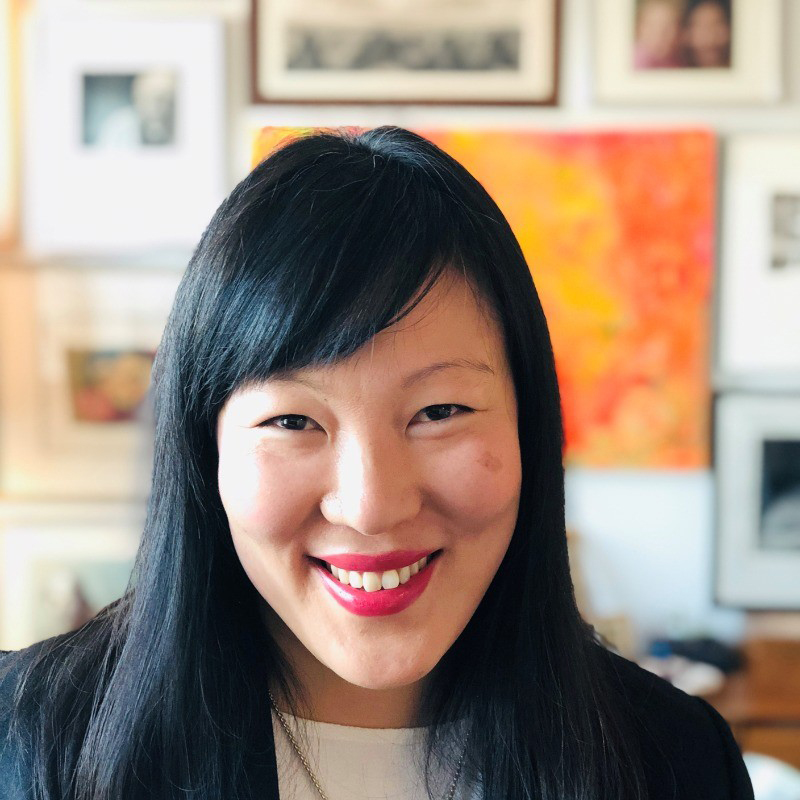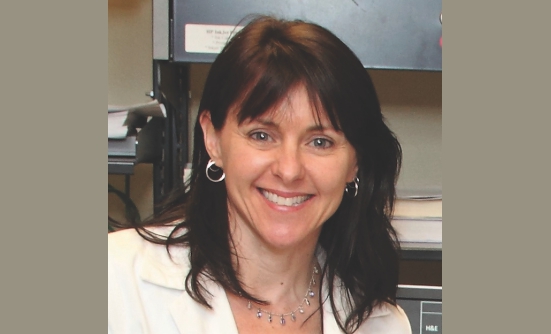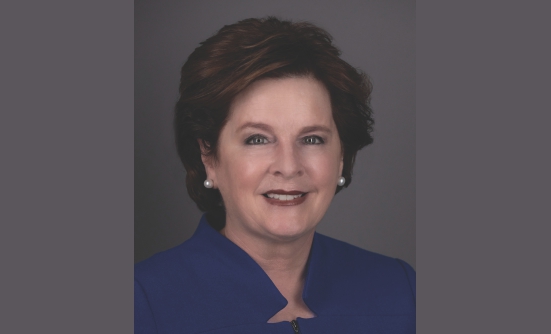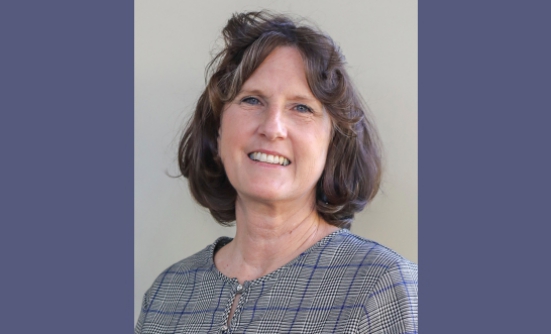Recently, I had the opportunity to attend the American Society of Clinical Oncology annual meeting, where I met with more than 70 cancer patient advocates from around the world. We all agreed that more must be done to change the fact that only 8% of adult cancer patients participate in clinical trials. This year, nearly 2 million Americans will be diagnosed with cancer,1 with each diagnosis being as unique as the individual. The way the disease presents itself, how it may progress, and how an individual may respond to a treatment varies based on a number of factors, including race, ethnicity, age, gender, and cultural background. Clinical trials play a critical role in developing breakthrough medicines to potentially prevent and treat all types of cancer. Ensuring people of diverse backgrounds participate in clinical trials is essential for the development of therapies that are effective for all populations. As a leader in cancer research, Pfizer is committed to designing clinical trials that help ensure participants reflect the racial and ethnic diversity of the countries where we conduct clinical trials and the patient demographic of the diseases we intend to treat or prevent.
In my role as the Head of Clinical Trial Experience in Pfizer’s Global Product Development division, which manages all late-stage trials across the entire portfolio of Pfizer medicines, I have the privilege of managing a passionate team of individuals focused on finding new ways to:
- raise awareness, because the reality is that too few patients are aware of trials
- enhance access and remove barriers to trials, including for those who have been historically underrepresented, while ensuring the patient voice is embedded in our clinical development programs so that trial design accounts for the patient experience
- improve engagement with the more than 6000 clinical trial sites around the world that help conduct our studies.
As part of those efforts, we are constantly seeking novel ways and collaborations to make it easier for people to join our trials, using technology to offer them flexibility and meet them where they are.
The reality is that, historically, some communities have been underrepresented in clinical research. Some of the barriers to participation include lack of trust and fear of mistreatment by the medical community due to past practices, limited awareness that trials are taking place, limited number of healthcare professionals offering minorities opportunities for participation, and practical barriers.
In 2021, Pfizer did something really bold. We conducted a thorough analysis of representation in all our US clinical trials over a 10-year period to understand our baseline and what areas we needed to address. Our findings revealed that overall, Black and African American individuals participated in Pfizer trials at a rate similar to the US census level (14.3% vs 13.4%), Hispanic or Latino individuals participated at a rate below the US census (15.9% vs 18.5%), women participated at a rate similar to the US census (51.1% vs 50.8%), and men participated at a rate similar to the US census (48.9% vs 49.2%). However, there was underrepresentation of Black or African American and Hispanic or Latino populations in our oncology trials.2
Health equity in clinical trials exists when everyone has a fair and just opportunity to participate. This article highlights one company’s approach to promoting health equity.
One way that Pfizer is working to address this problem is through education and the development of meaningful and long-lasting relationships with underserved communities. These efforts serve as an integral first step as we work to ensure that our clinical trials are accessible to everyone.
For example, across breast cancer diagnoses, inequities remain apparent, with mortality rates being 40% higher for Black women than White women in the United States despite a lower incidence among Black women.3 Similarly, triple-negative breast cancer, an aggressive subtype of invasive breast cancer, has twice the incidence rate for Black women compared with White women.4,5 To help empower Black women to be their own advocates and address these disparities, Pfizer collaborated with Tigerlily Foundation and Touch, The Black Breast Cancer Alliance. Pfizer and Tigerlily, an organization that provides education, awareness, advocacy, and empowerment to breast cancer survivors, created HEAL (Health Equity Advocacy and Leadership) workshops to better understand the breast cancer journey for women of color and foster inclusivity in clinical trials. These workshops focus on improving access to breast cancer clinical trials, building trust and enhancing relationships between cancer patients and their care providers, and identifying barriers and solutions to improve access to trials, with the intent that this knowledge will be shared across other treatment areas.
Additionally, Pfizer’s partnership with Touch, The Black Breast Cancer Alliance, provides educational content focused on addressing misinformation by debunking myths associated with the clinical trials process and oncology more broadly.
Pfizer also supports efforts to increase the number of diverse investigators and develop the workforce of tomorrow. Through partnerships with institutions such as Columbia University and North Carolina Central University, we are working together on their enrichment efforts to engage with the community, prepare fellows, and enhance training deliverables. We also have an investigator training program and deliver unconscious bias training to drive representation and inclusion of investigators and site staff to better engage potential clinical trial participants.
Building long-lasting relationships with trusted community voices is just one way that we can continue to educate historically underserved communities and encourage them to learn about and participate in clinical trials. In doing so, we can ensure breakthrough medicines are safe, effective, and readily available for all.
Pfizer acknowledges that change does not happen overnight, nor can it be achieved by a single organization. I’m proud of how far we have come in ensuring representation in our trials and making our trials more accessible and convenient, but I know we have more work to do. Ensuring diversity in clinical trials is not only a matter of good science but also a crucial step toward achieving health equity.
If more people consider joining trials, we can enroll our trials faster and ultimately bring more medicines to more patients faster. We are guided by the principle that time is life and recognize that every minute matters when someone is waiting for the next breakthrough.
To learn more about clinical trials commitment to diversity and Pfizer’s ongoing research, please visit: www.pfizerclinicaltrials.com/breakthroughsforall.
References
- American Cancer Society. Cancer Statistics Center. https://cancerstatisticscenter.cancer.org. Published 2023. Accessed April 28, 2023.
- Rottas M, Thadeio P, Simons R, et al. Demographic diversity of participants in Pfizer sponsored clinical trials in the United States. Contemp Clin Trials. 2021;106:106421.
- Jatoi I, Sung H, Jemal A. The emergence of the racial disparity in U.S. breast-cancer mortality. N Engl J Med. 2022;386:2349-2352.
- Newman LA, Kaljee LM. Health disparities and triple-negative breast cancer in African American women. JAMA Surg. 2017;152:485-493.
- Scott LC, Mobley LR, Kuo TM, Il’yasova D. Update on triple-negative breast cancer disparities for the United States: a population-based study from the United States Cancer Statistics database, 2010 through 2014. Cancer. 2019;125:3412-3417.
About the Author
Judy Sewards currently serves as the Vice President, Head of Clinical Trial Experience and Participant Recruitment at Pfizer. In this role, she leads a team responsible for designing and delivering new communications and services that provide ease and convenience for more than 6000 clinical trial sites around the globe and over 100,000 participants who graciously join Pfizer’s trials every year to help advance potential medical breakthroughs. She also stewards the company’s equity commitment to diversity in clinical trials and is launching novel enrollment strategies to help address access barriers and accelerate clinical development, focusing on new ways that engage participants within each investigator’s practice, institution, and community.
















